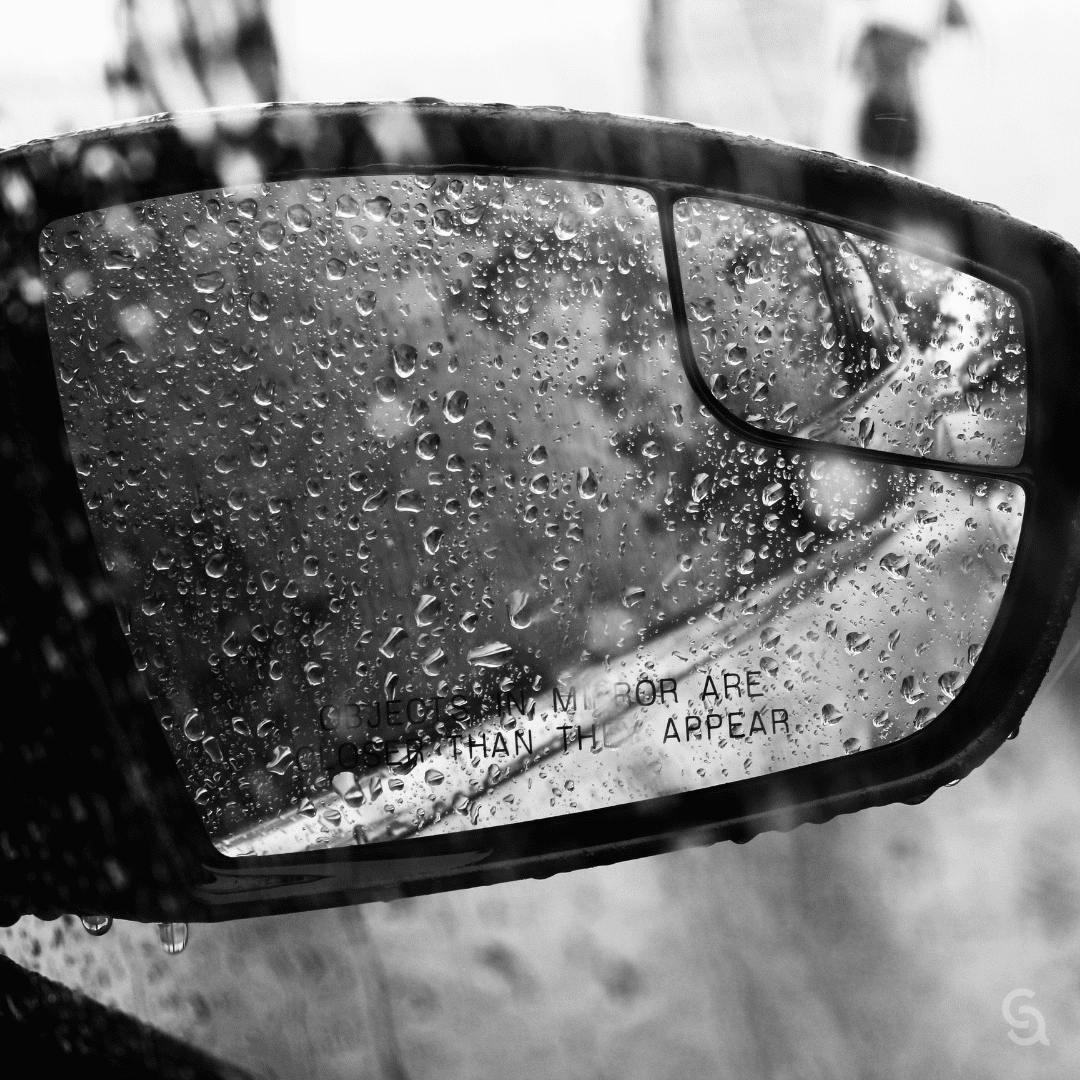 I am in a bilingual, transnational marriage. I’ve lived in four countries on three continents. In my native country now, I live in a racially mixed neighborhood. I cultivate friendships with people from around the world. I’ve been in dialogue with people from many faiths, and for the last decade I’ve been facilitating dialogue across deep difference in sexual orientation, gender identity, and theological conviction.
I am in a bilingual, transnational marriage. I’ve lived in four countries on three continents. In my native country now, I live in a racially mixed neighborhood. I cultivate friendships with people from around the world. I’ve been in dialogue with people from many faiths, and for the last decade I’ve been facilitating dialogue across deep difference in sexual orientation, gender identity, and theological conviction.
But while I am both by nature and experience a xenophile and a bridge-builder, getting to know and collaborate with those who have life experiences and worldviews different from mine is not without its price.
The price is discomfort, sometimes physical, but far more often, it is spiritual discomfort—the ear-splitting screech of long-cherished stereotypes shriveling up before me (picture Oz’s Wicked Witch of the West here); the searing soul-sting of seeing my sinful pride inflicted onto another human being; the disconcerting sense that at any minute a challenging question may come my way, a question for which I am entirely unprepared to provide a gracious—let alone coherent—response; and, sometimes, simply the nose-itching irritation that accompanies any judgmental thought—Why can’t X, Y, or Z come to their senses and be/think/act more like me?
But I persist, because I am a girl dedicated to taking her medicine, no matter how big and bitter the pill may be. I persist because I know it is good for my soul when I am denied the chance to nurse a judgment against another, when I am forced to consider my own glib assumptions in the harsh light of another’s reality.
Ultimately, I persist because the thing I am most afraid of is being afraid.
Years ago, I read the extremely unsettling and exceedingly beneficial book The Man Who Was Thursday by G. K. Chesterton. If you have not yet read it and had your world firmly shaken by all four corners, please do so at your earliest opportunity—it is a mystifying adventure of mythic proportions.
A line from that book lodged itself stubbornly in my psyche all those years ago that has continued to haunt, prick, and motivate me throughout my adult life: “No [person] should leave in the universe anything of which [they are] afraid … Fight the thing that you fear.”
Of course, some people think they are doing just that when they storm the Capitol or protest immigration or exclude certain people from their church or “cancel” someone from their life. But I propose that the thing they really fear is fear itself—the fear of whoever the “other” is in any particular context: the vaxxer or the anti-vaxxer, the Republican or the Democrat, the atheist or the Christian, the queer or the disabled or the elderly or the new neighbor next door.
Precisely because it is so uncomfortable to be afraid, we lash out at the thing that most reflects that fear back to us.
However, when we strike merely at the reflection of our fear, instead of at the fear itself, another reflection immediately pops up, like the duck in an arcade shooting gallery. We would do far better for ourselves if we attacked the fear itself, for then we could live in freedom.
How do we do that? The answer is simple to articulate, but hard to act on: Love.
In 1 John 4:18 we read: “There is no fear in love, but perfect love casts out fear; for fear has to do with punishment, and whoever fears has not reached perfection in love.” I like how The Message puts it: “There is no room in love for fear.”
Cultivating a fear-crushing spirit of love is a lifelong practice of:
- letting go (the only person I have any control over changing is myself—and even that’s hard work!);
- leaning into humility and trusting God to protect and care for me (instead of my own strengths and positions);
- reframing disagreement as both an inevitable and an essential aspect of true relationship.
These things involve:
- doing my own work—taking my spiritual and emotional maturity seriously;
- being willing to be vulnerable (that means speaking out of my own experience instead of just expounding on ideas);
- leaning into the spiritual posture outlined in the prayer of St. Francis;
- asking myself if the goal is to “be right” or rather to be in relationship;
- offering grace when I am offended, and asking for forgiveness when I offend;
- asking good, open-ended questions;
- being curious about my own responses and internal triggers.
How would our lives look if they became so full of love that we had little to no room left for fear?
They would look a lot more like Jesus’ life. It would look like approaching our “other” with genuine curiosity, asking them to help us understand how they came to their conclusions, and assuming that they, too, have reasons for their positions, just as we have reasons for ours.
It would look like asking them to help us see the world through their eyes. It might mean eating at their table, swapping stories as we pass the food. It might mean risking a weekend of discomfort, like folks do when they come to an Oriented to Love dialogue retreat, by approaching those different from us in the posture of learner rather than teacher. It almost always means building community through mutual vulnerability.
I’ve found that it works best to start at home, with our own spouses, children, parents, siblings, friends, and relatives. Thanksgiving is just around the corner, providing lots of opportunities to practice!
Thomas Merton wrote, “The beginning of love is to let those we love be perfectly themselves, and not to twist them to fit our own image. Otherwise we love only the reflection of ourselves we find in them.” How can we practice loving those who are near and dear to us as they are, not for whom we want them to be? That’s what Jesus does with each of us. Joan Chittister describes the “glorious burden of real Christianity” as the call “to follow the one who talked to Samaritan women and Roman soldiers, all the time allowing them to be who they were.”
What fear might you start fighting today, and how? Who can you embrace today, allowing them to be perfectly themselves just as you hope to be known, accepted and loved just as you are?
Kristyn Komarnicki is director of dialogue and convening for Christians for Social Action. She leads the Oriented to Love dialogue program, helping diverse Christians build a unity that is deeper than agreement.
is director of dialogue and convening for Christians for Social Action. She leads the Oriented to Love dialogue program, helping diverse Christians build a unity that is deeper than agreement.


